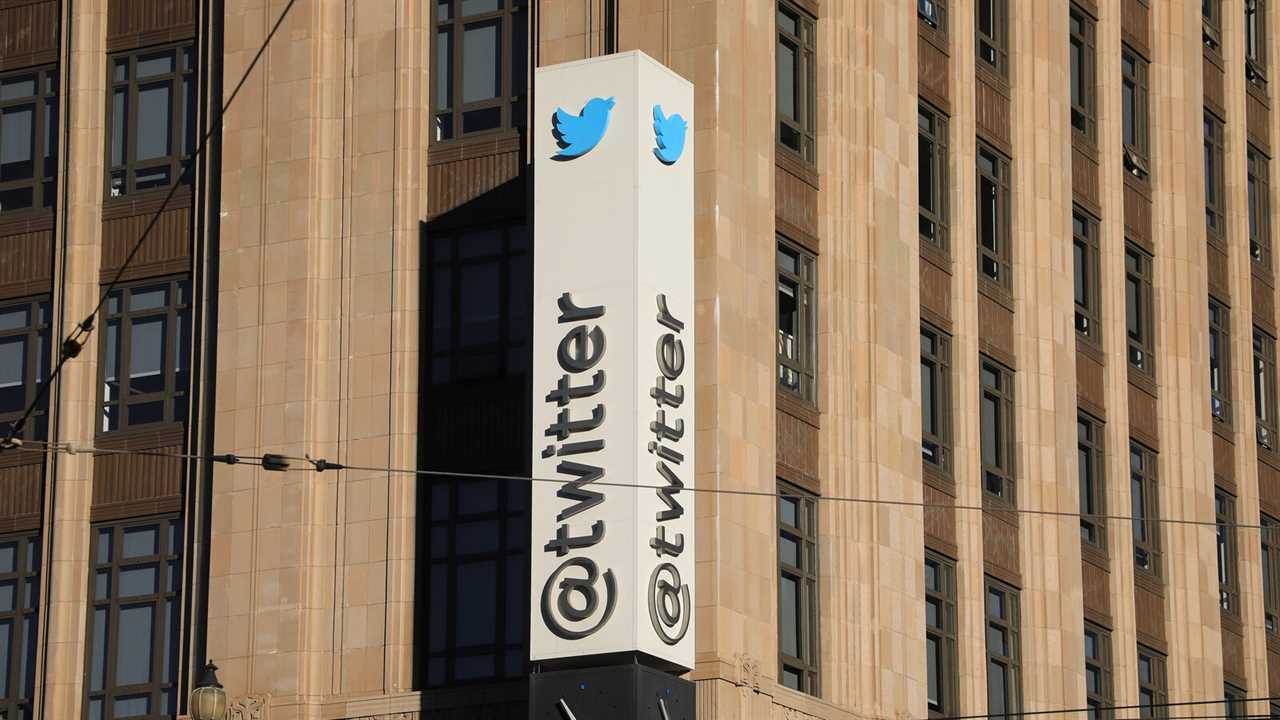
OAKLAND, Calif. — Twitter said on Friday that it had permanently suspended President Trump from its service “due to the risk of further incitement of violence,” effectively cutting him off from his favorite megaphone for reaching the public and capping a series of actions by mainstream sites to limit his online reach.
Twitter said in a blog post that Mr. Trump’s personal @realDonaldTrump account, which has more than 88 million followers, would be suspended immediately. The company said two tweets that Mr. Trump had posted on Friday — one calling his supporters “patriots” and another saying he would not go to the presidential inauguration on Jan. 20 — violated its rules on glorifying violence.
The tweets “were highly likely to encourage and inspire people to replicate the criminal acts that took place at the U.S. Capitol on Jan. 6, 2021,” Twitter said, referring to the storming of the Capitol by a mob of Trump loyalists.
Within minutes, Mr. Trump’s account on Twitter was no longer visible or accessible.
The move was a forceful repudiation by Twitter of Mr. Trump, who had used the platform to build his base and spread his messages, which were often filled with falsehoods and threats. Mr. Trump regularly tweeted dozens of times a day, sending flurries of messages in the early morning or late evening. In his posts, he gave his live reactions to television news programs, boosted supporters and attacked his perceived enemies.
“Twitter’s permanent suspension of Trump’s Twitter account is long overdue,” said Shannon McGregor, a senior researcher at the University of North Carolina at Chapel Hill. “This is the key de-platforming for Trump. The inability to tweet cuts off his direct access to the press — and, by extension, the public.”
A day earlier, Facebook had barred Mr. Trump for the rest of his term, and other digital platforms — including Snapchat, YouTube, Twitch and Reddit — also recently limited Mr. Trump on their services.
The actions were a stark illustration of the power of the social media companies and how they could act almost unilaterally when they chose. For years, Twitter, Facebook and other platforms had positioned themselves as defenders of free speech and had said the posts of world leaders like Mr. Trump should be allowed because they were newsworthy. The companies had rejected touching his account, even after they were assailed for allowing misinformation and falsehoods to flow.
Donald Trump Jr., Mr. Trump’s son, called Twitter’s move “absolute insanity” and said that the tech companies were overreaching. “We are living Orwell’s 1984,” he tweeted.
The White House did not immediately respond to a request for comment. In the past, Mr. Trump has repeatedly told allies who raised the possibility that social media firms would bar him, “They’ll never ban me.”
Latest Updates
- Elon Musk has become the world’s richest person, as Tesla’s stock rallies.
- Simon & Schuster drops Senator Hawley’s book.
- Daimler responds: ‘We depend on a reliable and stable political framework.’
The pushback against Mr. Trump online began on Wednesday after his loyalists, urged on by the president, breached the Capitol building. In the aftermath, Twitter temporarily locked Mr. Trump’s account, followed by Facebook. At the time, Twitter said the risks of keeping his commentary live on its site had become too high.
The company said Mr. Trump could return to its platform if he deleted several tweets that contained falsehoods about the election or calls for violence, which violated its policies. One of the tweets was a video that Mr. Trump had posted after the police pushed the mob back where he told his supporters: “We love you. You’re very special.”
After Mr. Trump took those posts down, he was reinstated to the site on Thursday. Late on Thursday, he issued a conciliatory message, saying he was outraged by the violence and would facilitate a peaceful transition of power.
But Mr. Trump quickly returned to inflammatory tweeting on Friday, calling his supporters “American Patriots” who would possess a “GIANT VOICE long into the future.” He also said he would not attend the inauguration on Jan. 20.
Twitter said those messages appeared to condone the violence on Wednesday and were likely to incite further violence. It added that the one about the inauguration offered the date as a target for attack because Mr. Trump would not be present.
Earlier on Friday, Twitter employees met over videoconference to discuss the decision not to immediately bar Trump, as Facebook had done, according to two people familiar with the meeting. Many employees were upset that Twitter had not permanently suspended Mr. Trump, they said.
Emerson Brooking, a senior fellow at the Atlantic Council’s Digital Forensic Research Lab, said taking down Mr. Trump’s Twitter account now was, in some ways, too late because Mr. Trump had already spread so many conspiracy theories on the platform over the past few years.
“Removing Trump from Twitter does not fix our politics or bring millions of Americans back to reality,” Mr. Brooking said. “But it does make it significantly harder for disinformation to enter the mainstream. And it makes it harder for Trump to reach his followers.”
Twitter’s suspension could create headaches for the Trump administration when it comes to complying with the Presidential Records Act of 1978, which requires the preservation of presidential materials and communications. That includes tweets — which is why, for example, every tweet that President Barack Obama and his staff posted on the @POTUS account was permanently archived on a new account, @POTUS44, after Mr. Trump took over.
Whether the requirement applies to tweets sent from Mr. Trump’s personal account as well as the official presidential account has been a subject of debate, but legal experts have generally agreed that it should apply.
Maggie Astor and Maggie Haberman contributed reporting.






